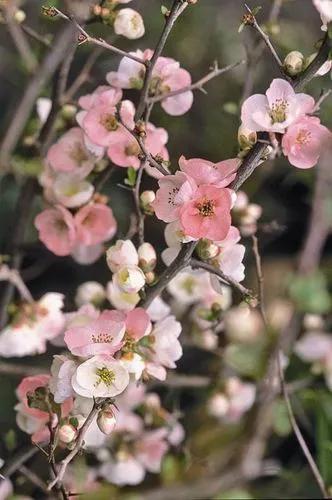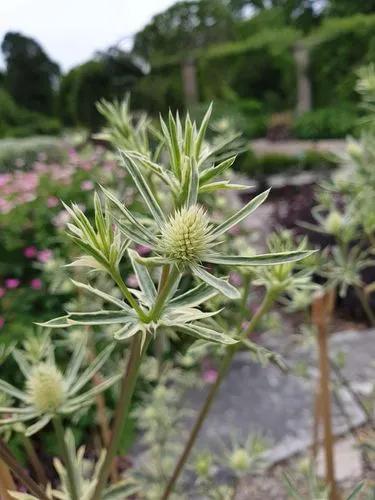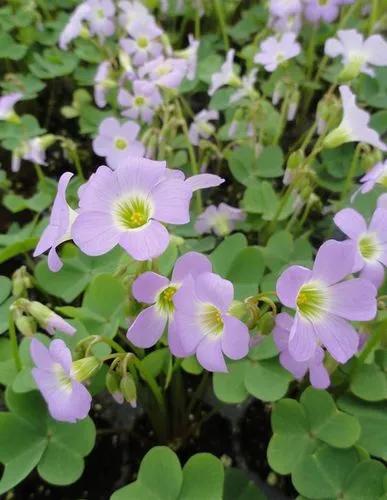Begonia 'Silver Limbo' is a lovely small leaved rex begonia cultivar. The leaves are metallic silver on the top and blood red on the bottom. The leaf shape is more narrow and forms a long point. It has a compact growth habit
Begonia Silver Limbo Care
Begonia rex 'Silver Limbo'



How to Care for the Plant

Water

Watering should be done directly in the pot, or from the bottom-up.

Fertilizer

Rex Begonias aren't heavy feeders, so you can fertilize them as little as once or twice a year. But if you want faster growth, fertilize them more frequently with a general-purpose houseplant fertilizer (following the directions on the packaging).

Sunlight

Moderate to bright indirect light.

Temperature

Ideal daytime temperatures are around 70 degrees Fahrenheit, nighttime temperatures around 60 degrees, and a constant humidity level around 50 percent. Provide the plant with plenty of bright indirect sun, but keep it out of direct sunlight.

Additional

This plant is moderately poisonous. All begonias contain insoluble oxalates and should be kept away from pets and children.

Popularity

12 people already have this plant 10 people have added this plant to their wishlists
Discover more plants with the list below
Popular articles






